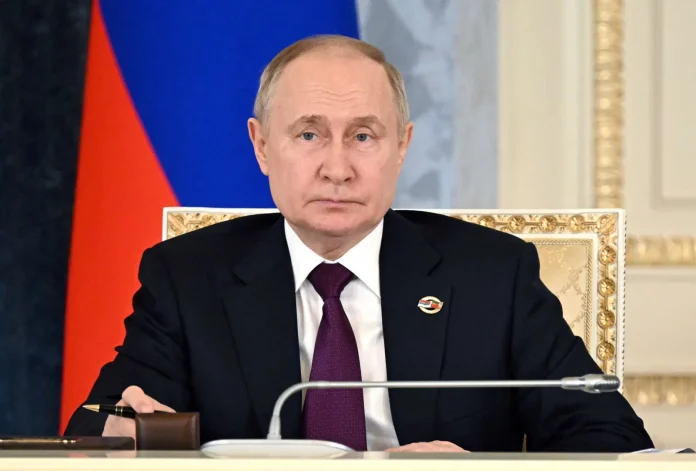Russian President Vladimir Putin has signed a decree that significantly broadens the conditions under which Moscow could use nuclear weapons, intensifying concerns over the escalating conflict in Ukraine.
The new nuclear doctrine, signed on the 1,000th day of Russia’s military invasion of Ukraine, comes amid rising tensions following the U.S. approval for Kyiv to use long-range missiles to target Russian military positions.
The updated doctrine outlines that Russia may consider using nuclear weapons in response to aggression from a non-nuclear state if that state is supported by nuclear powers. Kremlin spokesperson Dmitry Peskov stated that this shift aligns Russia’s defense posture with what it views as the current geopolitical situation, particularly with the involvement of the West in Ukraine’s defense.
The decree also introduces the possibility of a nuclear response in the event of a “massive” airstrike, even if only conventional weapons are used. This expansion of nuclear policy comes amid ongoing fears that Russia might deploy its nuclear arsenal as the war with Ukraine persists.
Peskov emphasized that Russia views its nuclear weapons as a deterrent, with the intention of using them only if it feels “forced” to do so. This update signals a firm warning to Western nations, as Moscow continues to perceive itself as being under threat from what it calls the “collective West.”
Despite the heightened rhetoric, Russia’s military doctrine stresses that nuclear weapons would only be deployed in situations of extreme necessity, though these latest adjustments to its nuclear policy have amplified global anxieties about the war’s potential escalation.













